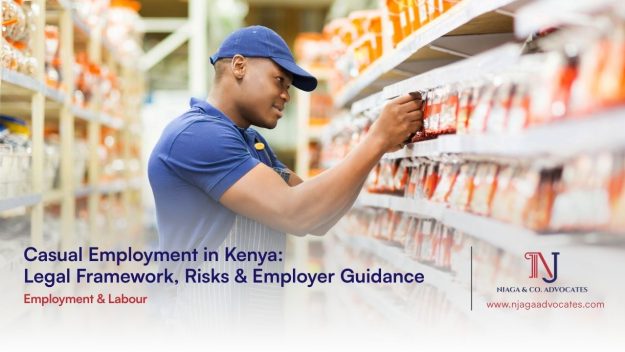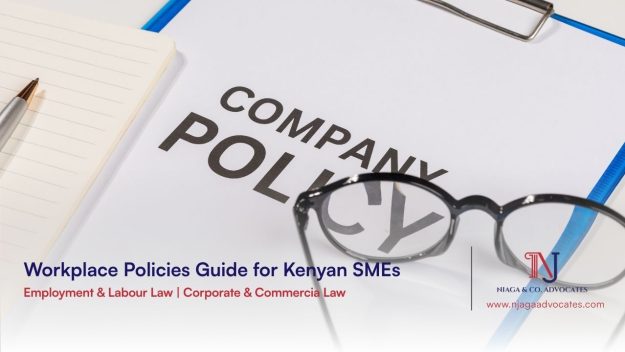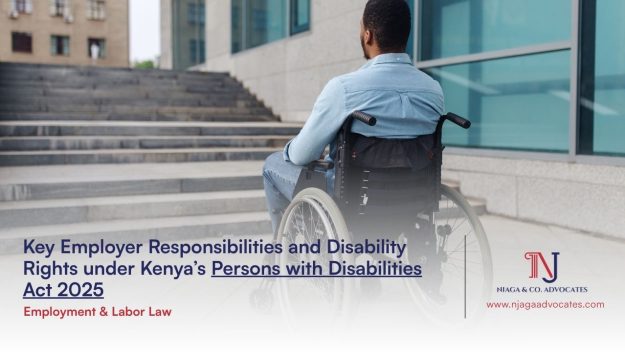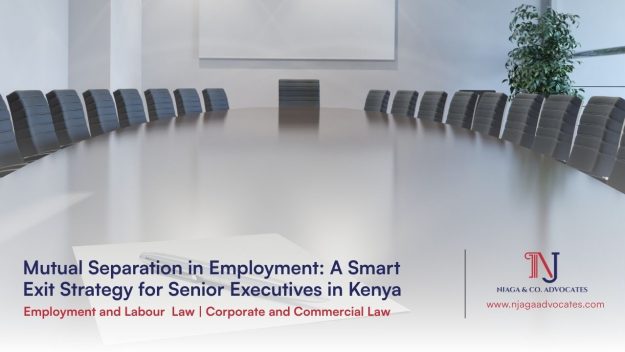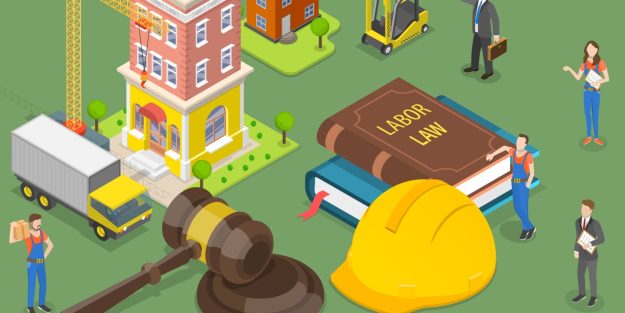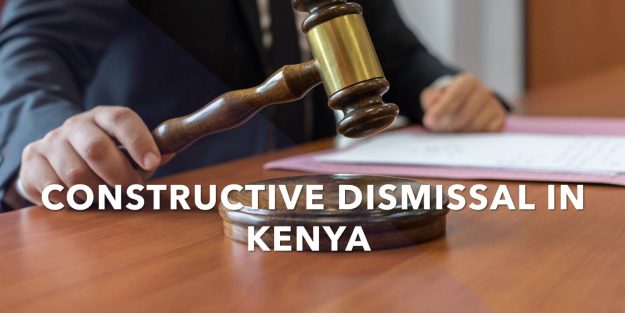Explore the realm of Employment and Labour Law in Kenya and stay abreast of legal updates, rights, and regulations concerning employment practices and workers’ rights.
Section 2 of the Employment Act, 2007, defines a casual employee as a person whose terms of engagement provide for payment at the end of each day and who is not engaged for a longer period than twenty-four hours at a time.
Workplace policies are essential tools that help Kenyan businesses comply with the Constitution and labour statutes, reduce legal risk, and create predictable, fair and safe working environments for both employers and employees.
The Persons with Disabilities Act, 2025(Act No. 4 of 2025), is a landmark and comprehensive legislation in Kenya, designed to uphold and promote the rights, dignity, and inclusion of persons living with disabilities (PWDs).
In employment relationships, especially at the senior management level, disputes are increasingly being resolved through mutual separation agreements.
Secondment refers to an arrangement in employment law where an employer temporarily transfers an employee to work for another employer…
The National Social Security Fund (NSSF) Act, 2013, as amended in 2021, introduced a new contribution structure that significantly changes how employers and employees contribute to the fund.
Maternity and paternity leave are essential benefits that protect the rights of working parents, ensuring they can balance professional responsibilities with the demands of raising a family.
In the evolving employment landscape, understanding the differences between employees, independent contractors, and gig workers is essential.
Introduction Constructive dismissal, or constructive discharge or termination, refers to situations where an employee is forced to resign due to the employer’s conduct that makes working conditions intolerable and extremely difficult for the employee to continue working, leaving the employee with no option but to resign. The Employment Act of 2007 does not explicitly mention…
Employment contracts in Kenya often include a probationary period to assess the suitability of a new employee for a given role.


